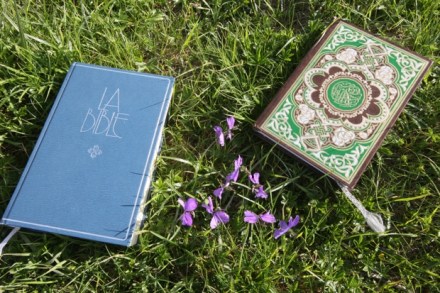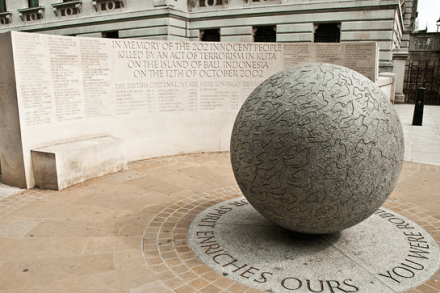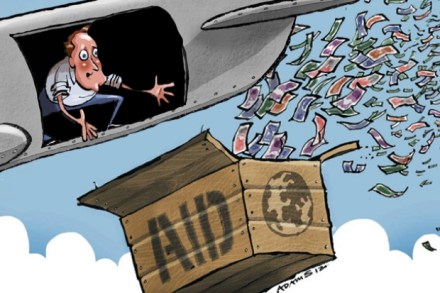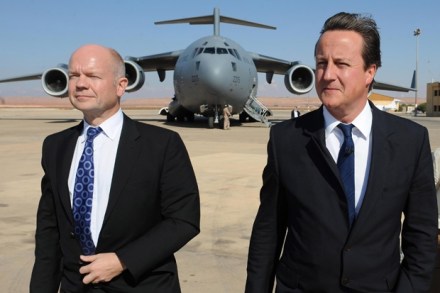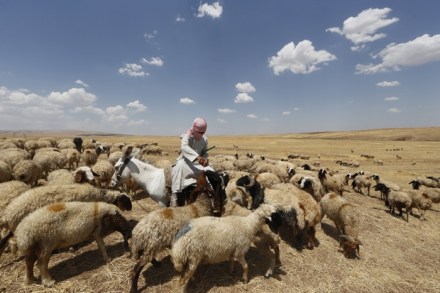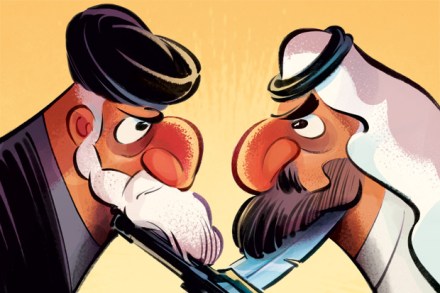Keep the cops away from the radical clerics, be they Christian or Muslim
If you want to see our grievance-ridden, huckster-driven future, looks to Northern Ireland, which has always been a world leader in the fevered politics of religious victimhood and aggression. Just as the Tories and much of the politically-correct liberal centre think they can force us to be nice by allowing the cops to arrest those who ‘spread hate but do not break laws’ (in George Osborne’s sinister words) so Northern Ireland has all kinds of restrictions of ‘hate speech’ to police its rich and diverse tradition of religious bigotry. I suppose it was inevitable that they would catch 78-year-old Pastor James McConnell of the Whitewell Metropolitan Tabernacle in North Belfast.
